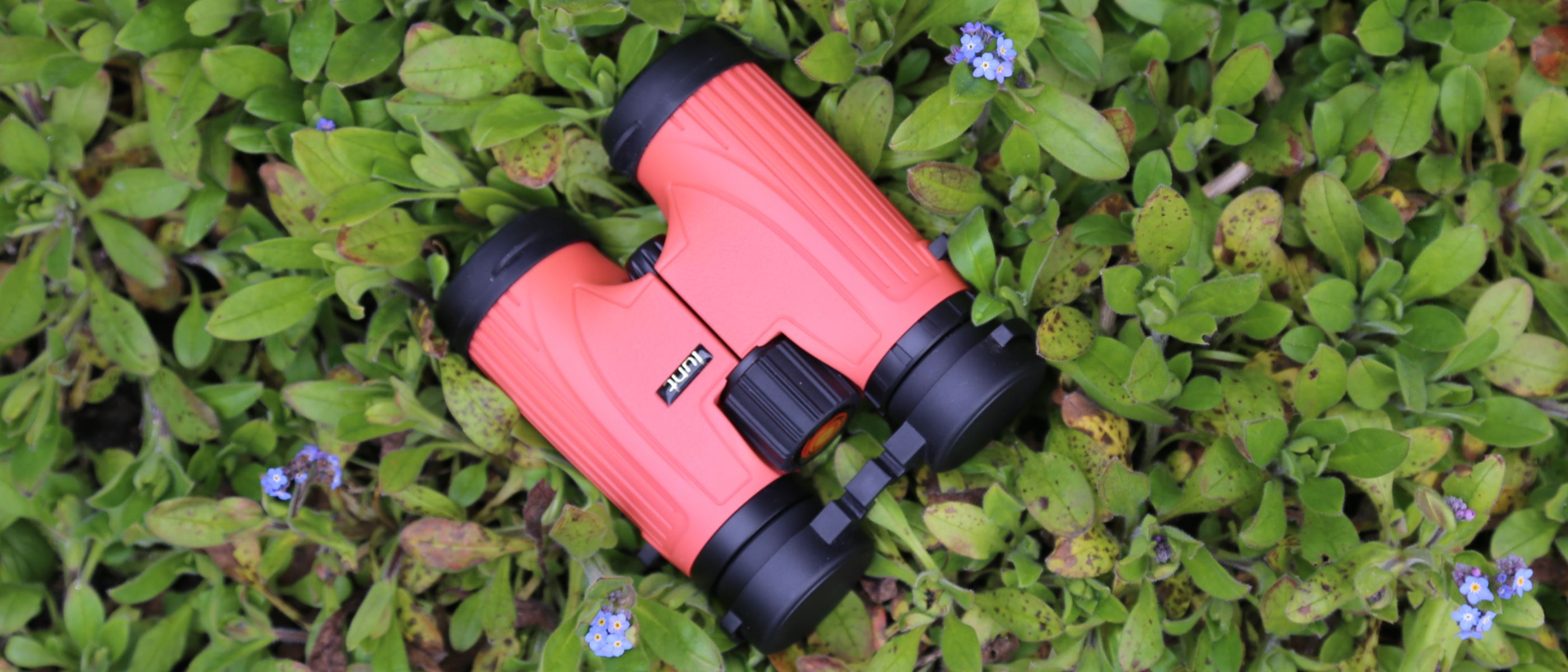There's Drug-Resistant Bacteria in the Space Toilets, Guys
Cleaning a toilet in space is no more fun than cleaning one on Earth, but it can lead to more interesting surprises. Case in point: NASA scientists have discovered four previously unknown strains of antibiotic-resistant bacteria lurking in the loos aboard the International Space Station (ISS).
In a new study published Nov. 23 in the journal BMC Microbiology, a team led by scientists at NASA's Jet Propulsion Laboratory (JPL) in California analyzed several bacterial samples collected from around the ISS in 2015. That included four samples from the lavatory's waste and hygiene compartment. In these four space-toilet samples, plus one sample taken from the foot platform of a piece of resistance-training exercise equipment, the researchers identified five previously unknown strains of Enterobacter bacteria — a genus with high resistance to antibiotics that often infects hospital patients who have compromised immune systems. [5 Ways Gut Bacteria Affect Your Health]
"To show which species of the bacteria were present on the ISS, we used various methods to characterize their genomes in detail," study co-author Kasthuri Venkateswaran, a senior research scientist at the JPL Biotechnology and Planetary Protection Group, said in a statement. "We revealed that genomes of the five ISS Enterobacter strains were genetically most similar to three strains newly found on Earth."
The team compared the DNA of the newfound ISS bacteria to that of more than 1,200 Enterobacter strains previously collected on Earth. The researchers concluded that the newfound strains most closely resemble the species Enterobacter bugandensis. This type of bacteria was recently discovered in three hospitals on Earth (in Africa, Washington state and Colorado), where it showed an ability to cause disease in humans and to resist multiple antibiotics.
While the newfound Enterobacter strains on the ISS contained more than 100 genes previously tied to virulence, disease and antibiotic resistance, the bacteria pose no threat to astronauts aboard the ISS at this time, the researchers said.
"It is important to understand that the strains found on the ISS were not virulent, which means they are not an active threat to human health, but [still] something to be monitored," lead study author Nitin Singh, also from JPL's Biotechnology and Planetary Protection Group, said in the statement.
Using a computer analysis, the authors predicted a 79 percent chance that the newfound strains of space bacteria could evolve to cause disease in humans arriving on future missions. However, scientists won't understand the bacteria's true potential until they can study it in a living body in space. Life is strange in space, even for microbes. The unique environmental conditions — including microgravity, radiation and constant human accompaniment — could have significant effects on how bacteria grow and propagate. Further study is needed to determine exactly what those effects might be, the researchers said.
Get the Space.com Newsletter
Breaking space news, the latest updates on rocket launches, skywatching events and more!
Originally published on Live Science.
Join our Space Forums to keep talking space on the latest missions, night sky and more! And if you have a news tip, correction or comment, let us know at: community@space.com.

Brandon has been a senior writer at Live Science since 2017, and was formerly a staff writer and editor at Reader's Digest magazine. His writing has appeared in The Washington Post, CBS.com, the Richard Dawkins Foundation website and other outlets. He holds a bachelor's degree in creative writing from the University of Arizona, with minors in journalism and media arts. He enjoys writing most about space, geoscience and the mysteries of the universe.











